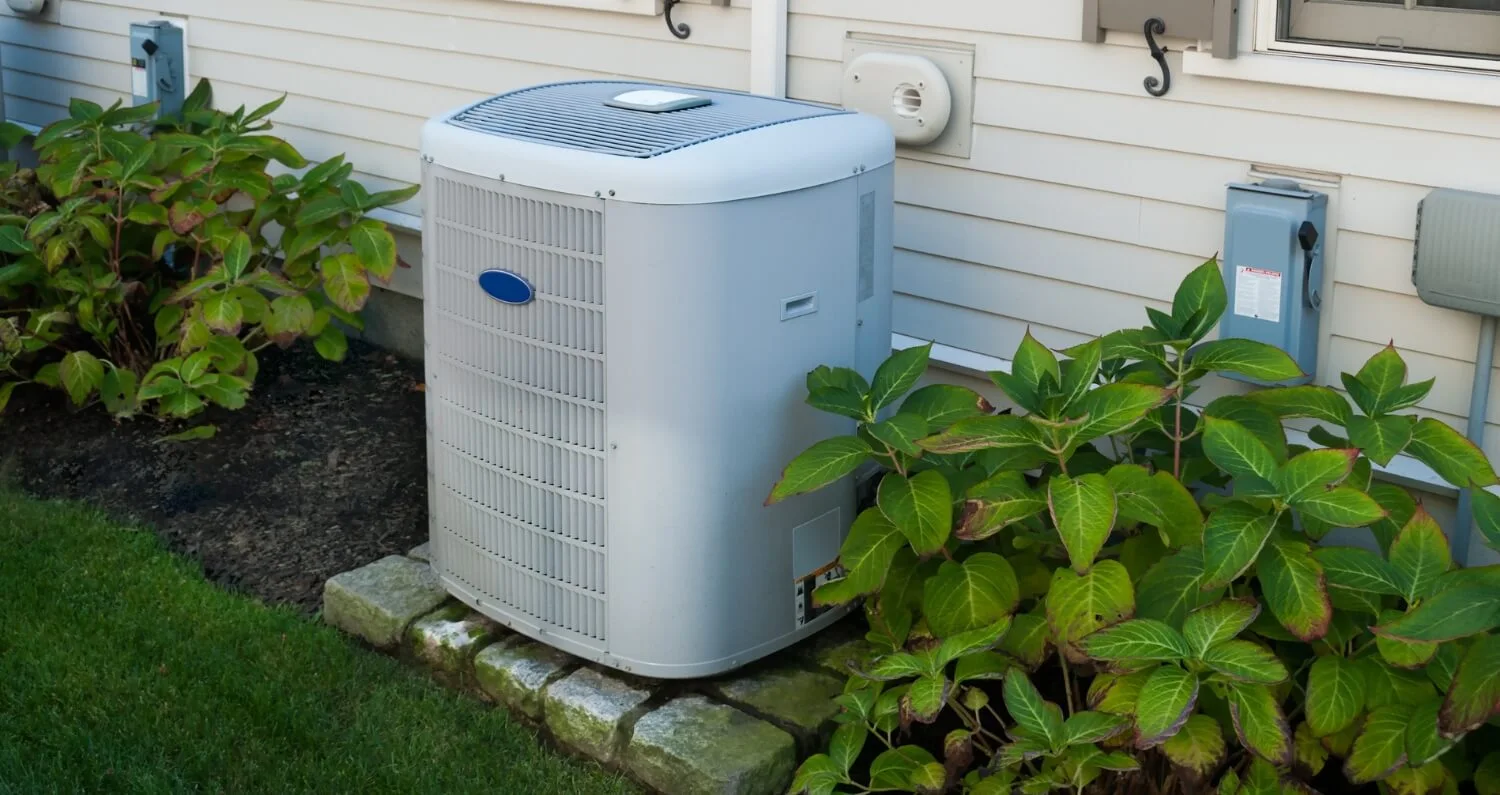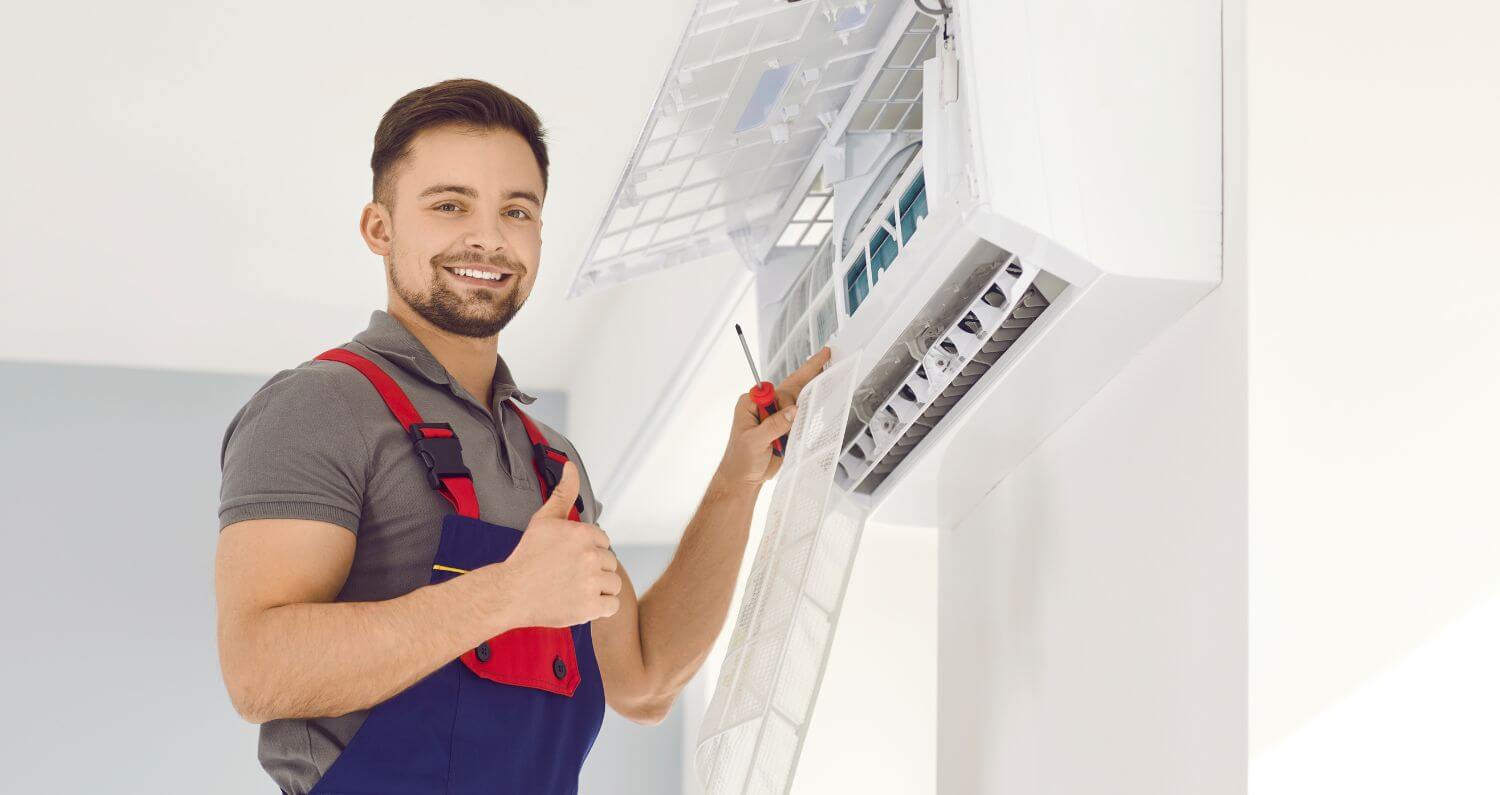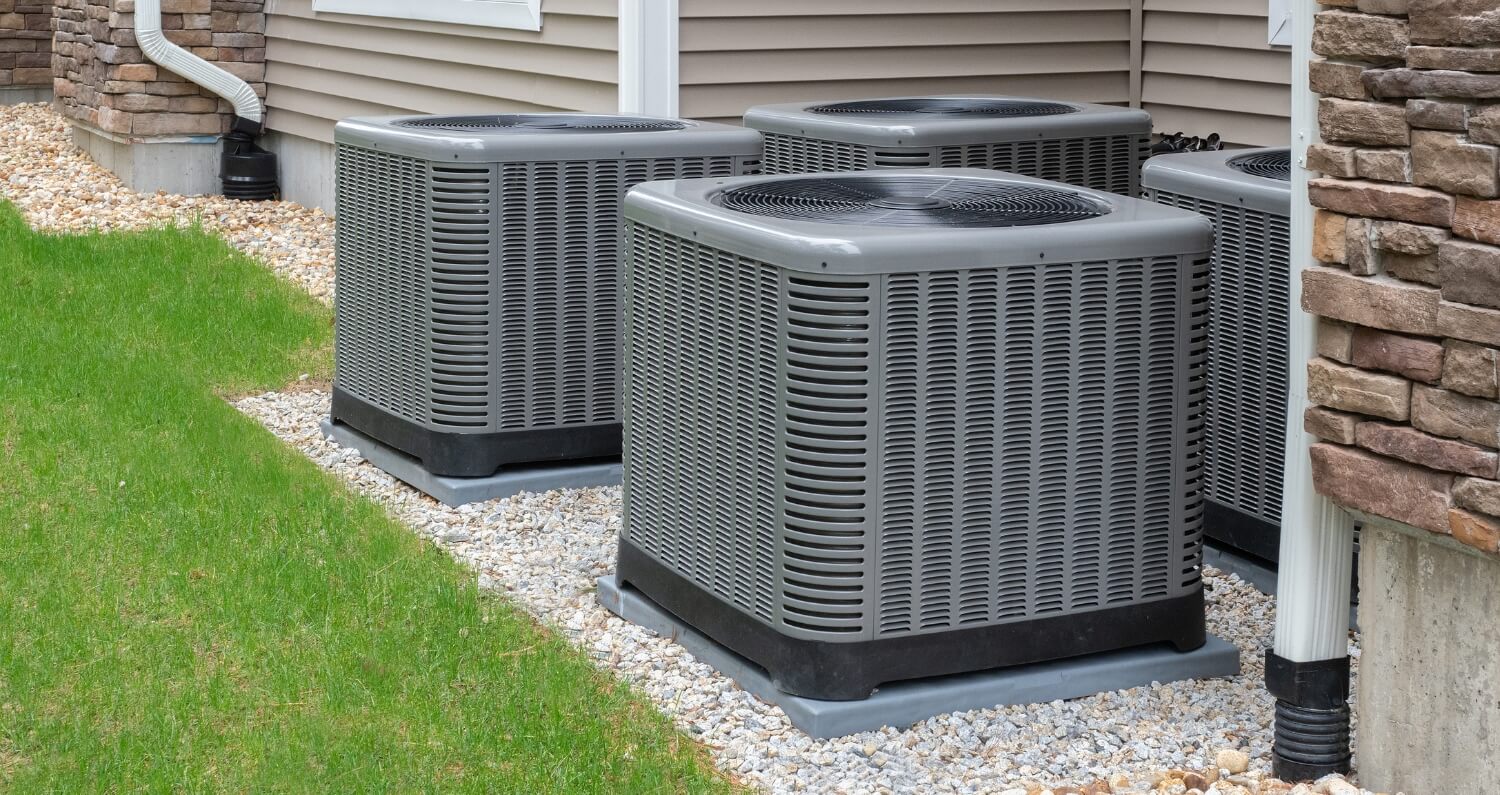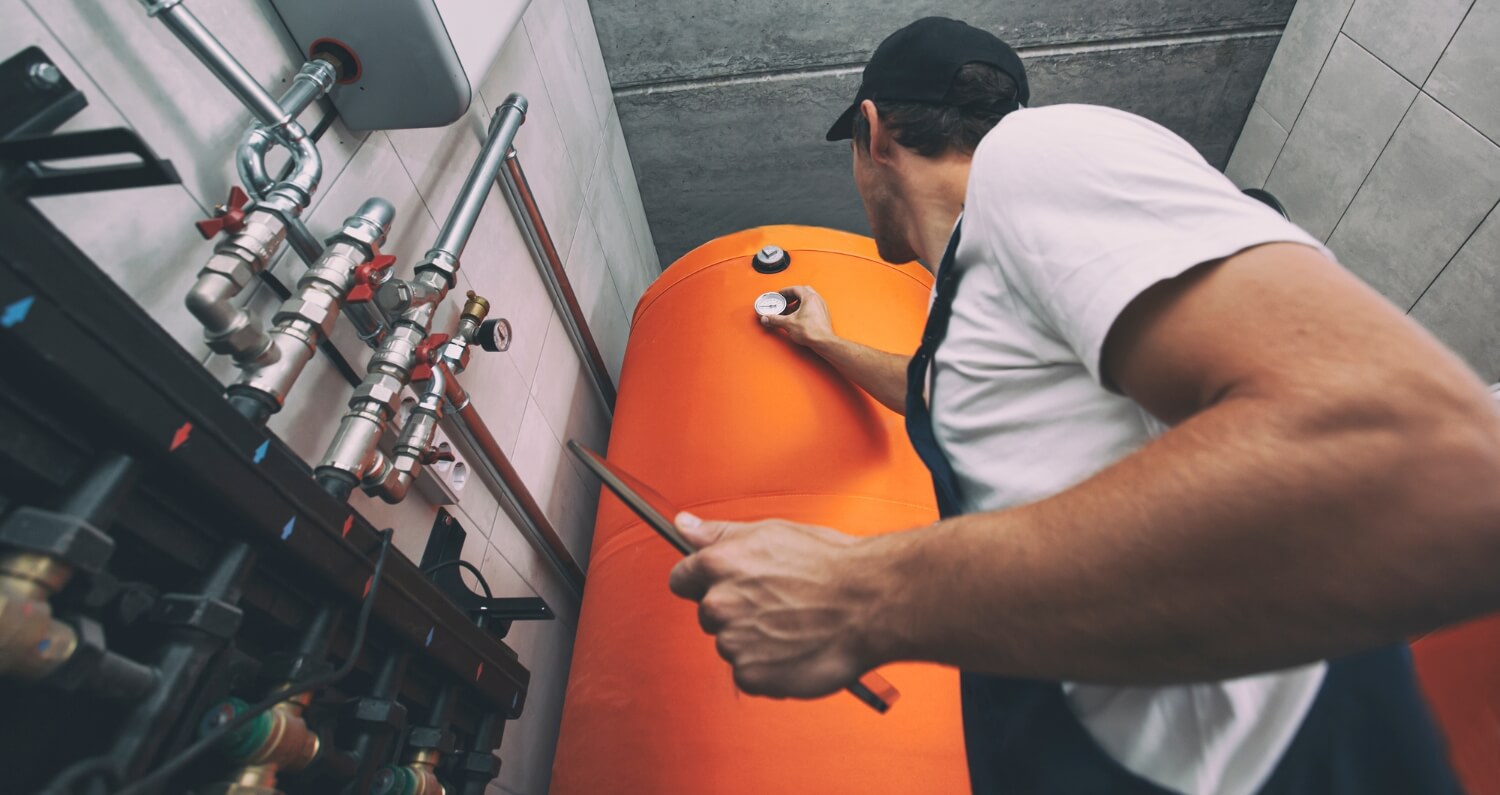When the state of New York was founded in 1776, no one had heat (or even modern insulation) to get them through the Nor’easters. Now it’s hard to imagine weathering harsh winters because of how comfortable our lifestyles have become. However, you won’t have to use your imagination if your HVAC system goes out. If you plan to buy a home with an older HVAC system, it’s important to prepare and follow a few steps to ensure your heat stays on in the winter.
How to Inspect an HVAC System When Buying a Home
If you’re buying a new home, it will come equipped with a new HVAC system that was recently installed. Otherwise, it’s worth assessing all the appliances before you make the leap into a new property. Here are five basic considerations to help you avoid surprises down the road.
- Consider the Age of the System
Most HVAC systems last about 10-15 years. Quality models can go longer with regular maintenance. On the other hand, you might not even get ten years if your unit was poorly installed or maintained. The general range of 10-15 years is only something to remember when considering other factors. - Look up the Specific Unit and Check the Coverage
Simply put, some HVAC systems are better than others. One way to estimate how long each air conditioner will last is by looking up the model and checking reviews. In addition, you can find information on Consumer Reports or similar sites. - If your appliance was manufactured by a brand like Carrier or Honeywell, you’re in luck. These models tend to last longer and come with good warranties. In addition to the warranty, you can see if the HVAC system is covered by insurance.
- Look at the Utility Bills
It’s always important to check the utility history for a property before you buy. The U.S. Department of Energy offers guidelines for conducting your own energy assessment if the bills seem too high. You can also contact a leading company like Paraco HVAC to inquire about efficient options and speak to an expert. - Pay Attention to What You See, Hear, and Feel
Remain observant to save money and avoid potential issues. The EPA reports that controlling moisture is the key to preventing mold. Excess moisture could be a warning sign of mold in the HVAC system. Unusual noises indicate trouble, too. Learning the different parts of an HVAC system will help you make better observations. - Get a Look at the Maintenance History
Ask the seller or real estate agent for maintenance records. Like any other equipment, your HVAC system will likely last longer with proper care. However, if the previous owner had a hot and cold relationship with HVAC maintenance, they might have shortened the system’s lifespan.
Repair, Replace, or Ride It Out?
If the HVAC system in your home is old or you see other signs that it’s on its last leg, you should start planning for the inevitable repairs or replacement. Again, exploring your local HVAC services in the Northeast can show you what to expect in terms of price.
Keep in mind that larger houses need larger, more expensive HVAC systems and in some cases they may need two. Also, installing an attic HVAC system might be more difficult (and expensive) than installing one in a walk-out basement.
An outdated attic HVAC system, or even mold in HVAC system components, isn’t necessarily a reason to get cold feet and back out of a real estate deal. Still, it’s worth considering when you think about the value of a home and the work you’ll have to complete on the property.
continue reading
Related Posts
In the realm of home comfort, having a reliable HVAC […]
It’s never fun when your HVAC appliance fails. A broken […]





